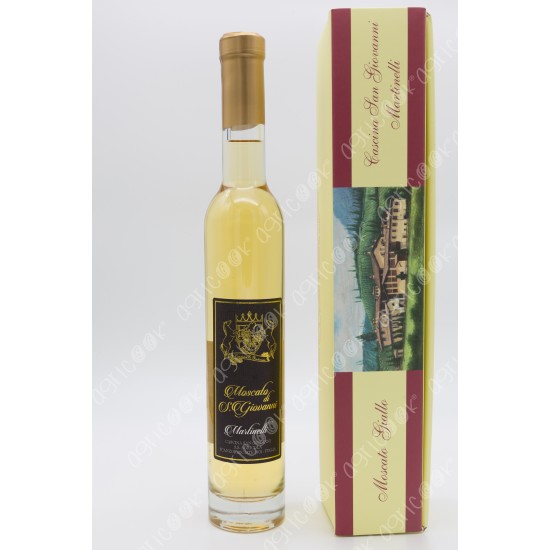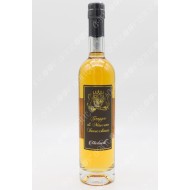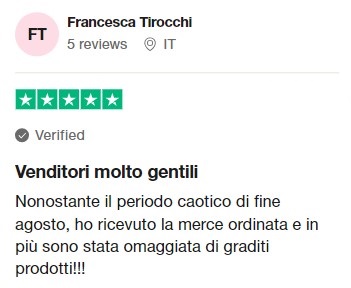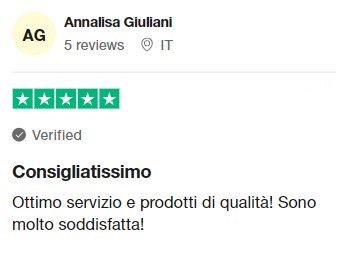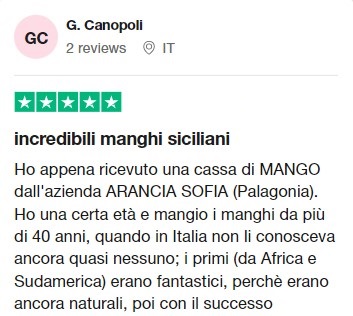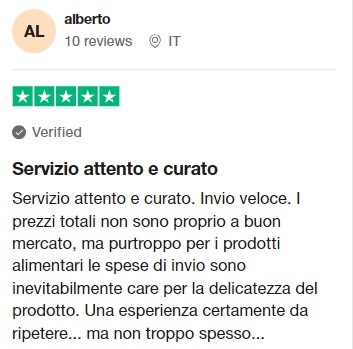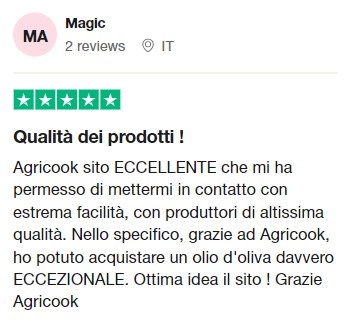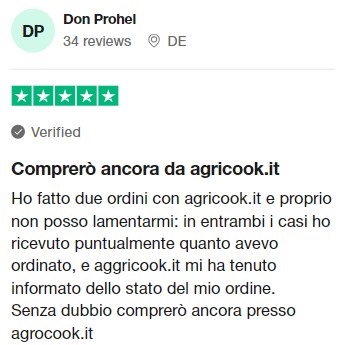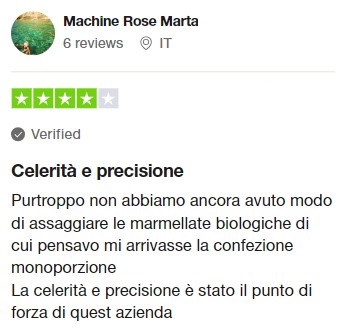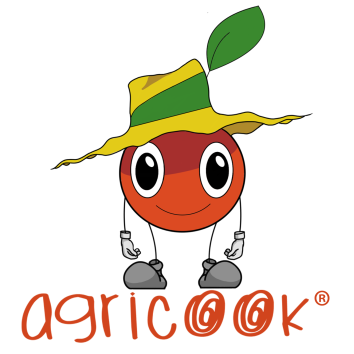CASCINA SAN GIOVANNI
La Storia di questo vitigno è affascinante, geneticamente possiamo definirlo frutto di un incrocio spontaneo tra il moscato bianco con un vitigno autoctono ancora misterioso.
Prodotto sulle dolci colline della più piccola DOCG d’Italia il nostro Moscato di Scanzo nei secoli si è adattato meravigliosamente al Terroir, ricco di Sass de Luna, che arricchisce il Moscato Martinelli di caratteristiche organolettiche inconfondibili ed uniche, estrapolando il meglio di ciò che le vigne trovano nel sottosuolo.
Le vigne dell’azienda agricola San Giovanni sono due e vi si coltivano solo varietà di Moscato.
Vigna Sporla Scanzo, un impianto 1 ha con 4.000 ceppi, con esposizione a Sud e Vigna Maffioli Scanzo, un impianto di ¾ di ha con esposizione a Sud Ovest.
Vigna Sporla Gialla, un impianto di ½ ha con 2.000 ceppi di moscato giallo e Vigna Maffioli Gialla, ¼ di ha con 1.200 ceppi.
Durante lo scavo per l’impianto della Vigna Sporla, sono affiorati i resti di antichissimi terrazzamenti, a testimonianza che la coltivazione della vite nello spettacolare anfiteatro della tenuta San Giovanni, era praticata sin da tempi antichi. Probabilmente la vite era stata impiantata dalla comunità religiosa dei Monaci Umiliati, che tra i secoli XII-XIV, dimoravano nell’oratoio dove ora sono situati i ruderi della Chiesa Antica di San Giovanni nei Boschi.
In tempi più recenti, a fine ottocento, l’Architetto Giacomo Quarenghi diviene l’ambasciatore del Moscato di Scanzo, portando a San Pietroburgo alla corte degli Zar il nostro meraviglioso passito.
read_more_text
read_less_text
